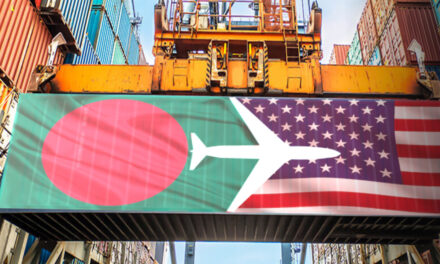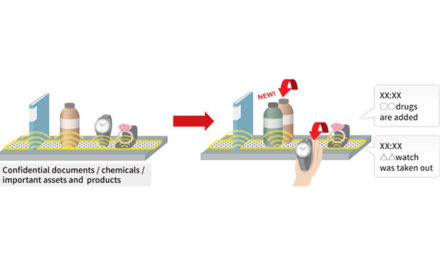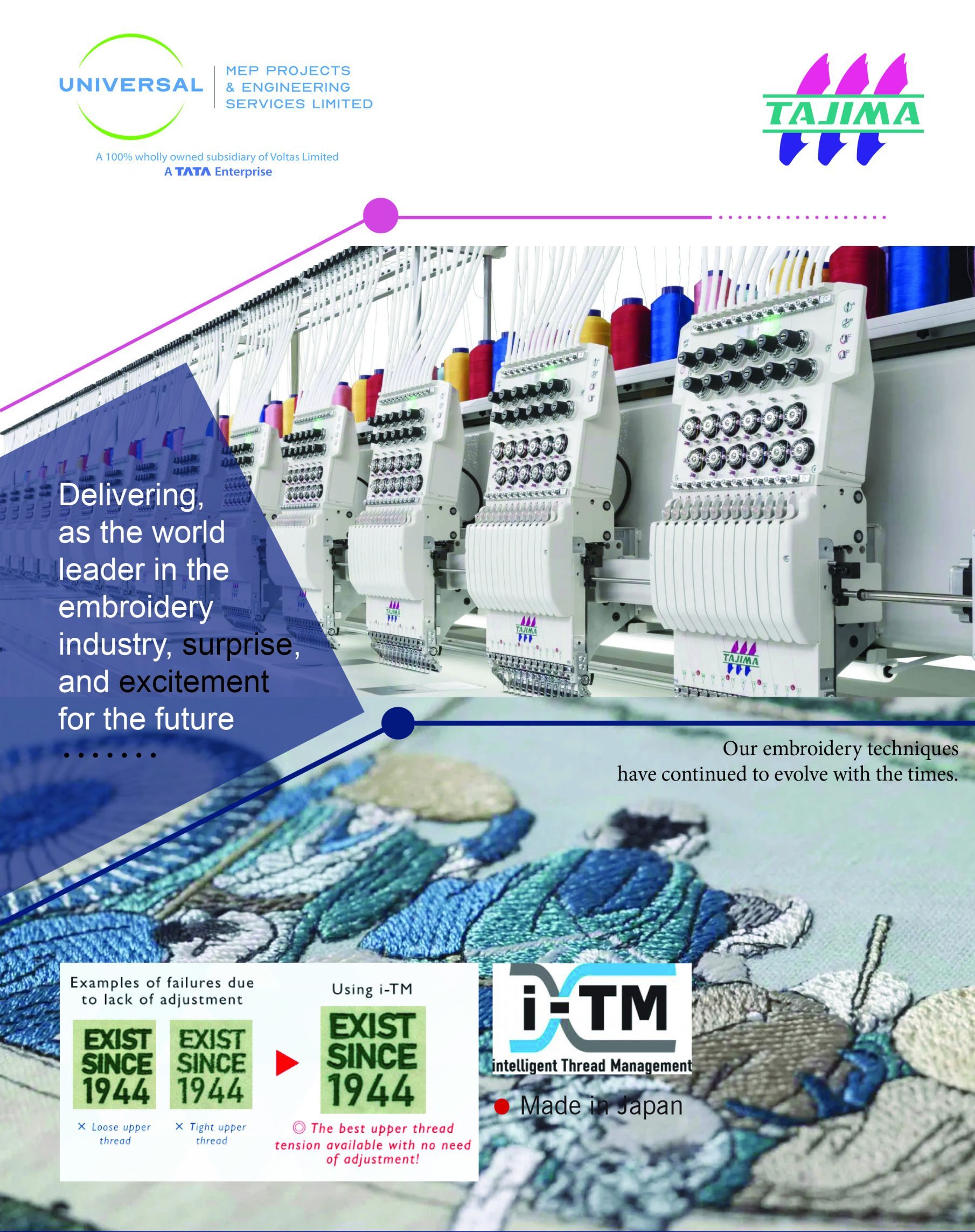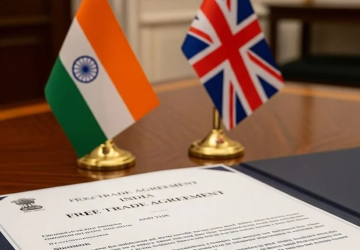 A Capacity Building Workshop on Sustainability Impact Measurement and Reporting for Sri Lanka’s Textile and Apparel Sector was jointly organized recently by the Global Reporting Initiative (GRI), Sustainable Development Council, Joint Apparel Association Forum (JAAF) and the Export Development Board.
A Capacity Building Workshop on Sustainability Impact Measurement and Reporting for Sri Lanka’s Textile and Apparel Sector was jointly organized recently by the Global Reporting Initiative (GRI), Sustainable Development Council, Joint Apparel Association Forum (JAAF) and the Export Development Board.
A key highlight of the Workshop was the Roundtable Discussion on ‘Aligning Business, Policy, and Investment Priorities for Sustainable Growth” that brought together representatives from the textile and apparel industry as well as business support organizations to share insights on important aspects relating to sustainable businesses such as role of standards, sectoral priorities, business and policy alignment and investment and incentivization.
Setting the Context, the Chair, Chamindry Saparamadu, Executive Director of DevPro and former Director General of the Sustainable Development Council of Sri Lanka highlighted that in the backdrop of recent U.S. tariff policy changes which is threatening to disrupt market access for Sri Lanka’s textile and apparel sector, sustainability could be a gateway to UK and EU markets that place strong emphasis on sustainability-linked trade incentives such as traceability, decarbonization, and ethical labor practices. if the businesses align swiftly with those standards.
Kicking off the dialogue, Roshan Peries, National Project Coordinator, International Trade Centre (ITC) emphasized that alignment with global standards such as GRI standards is critical for improving the competitiveness of SMEs and enabling their integration into international value chains. She further mentioned that ITC supports local enterprises in meeting these standards, be it on quality, sustainability, or compliance, so they can access new markets, build trust with global buyers, and drive long-term growth and that this approach ensures that trade becomes a vehicle for inclusive and sustainable development.”
Complementing the above, Chulendra de Silva, GRI Global Sustainability Standards Board (GSSB) Member emphasized that sustainability in textiles and apparel is essential, given the industry’s far-reaching environmental impacts – from water and energy consumption to chemical use and waste generation. Social impacts are equally significant, he said, affecting workers, retailers, and end-use customers. While responsible manufacturing and supply chain practices are vital, retailers also play a critical role by fostering respectful partnerships, ensuring fair pricing, and engaging proactively with suppliers. He further said that a new GRI Sector Standard for Textiles and Apparel can empower organizations to identify their most significant impacts and report on them with clarity and transparency – driving a more ethical, accountable and sustainable industry.
Amanthi Perera, Head – Social Sustainability of MAS Capital Private Limited shared perspectives on how businesses are currently navigating supply chain engagement and the evolving standards landscape said that increasing focus on supply chain sustainability, driven by new regulations like CSDDD and CSRD, presents a significant undertaking. She noted that ‘It’s one thing to prioritize our supply chain; it’s another to genuinely engage and ensure our diverse suppliers, globally and locally, are committed to sustainable practices. This can be complex due to varying levels of maturity and resources among our partners. On top of this, the world of sustainability reporting is constantly evolving. New standards emerge, and we need to align our reports with multiple frameworks simultaneously. Keeping up with these changes while ensuring consistent data collation and alignment is a challenging, continuous and resource-intensive effort for businesses that are leading the way in real-world sustainability’. She emphasized the need to create a sector standard that reflects all voices of Apparel including even the voice of manufacturers.
Speaking on behalf of the textile and apparel industry, Yohan Lawrence, Secretary General of Joint Apparel Association of Sri Lanka (JAAF) appreciated the progress made by Sri Lanka in aligning current national policies with business efforts at sustainability through initiatives such as the National Strategy to Promote Inclusive and Sustainable Businesses led by the Sustainable Development Council (SDC), and the Green Finance Taxonomy. He noted that this shift comes at a critical time where the Country is looking to leverage its reputation for sustainable business to take advantage of the EU and UK regulations that reward initiatives, such as Carbon Border Adjustment Mechanism (CBAM), Corporate Sustainability Reporting Directive (CSRD) etc. He further noted that whilst there is already a basic framework in place, JAAF recognizes the need for global standards like GRI reporting to ensure alignment to global transparency requirements and for validation of the trust of international buyers.
Lawrence also highlighted the existing significant challenges as it remains difficult to incentivize a thorough sustainable transformation across all businesses, especially small and medium-sized enterprises (SMEs). He highlighted that to deepen this transformation, regulatory bodies and industry associations need to work closely together advocating tailored incentives that are in line with international standards, creating shared platforms for exchanging knowledge, addressing common environmental, social, and governance (ESG) challenges, and building capacity to help SMEs fully engage with and benefit from global sustainability practices.

















